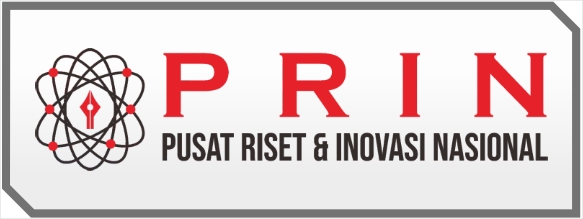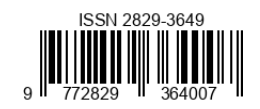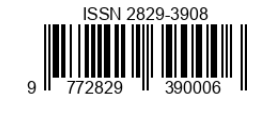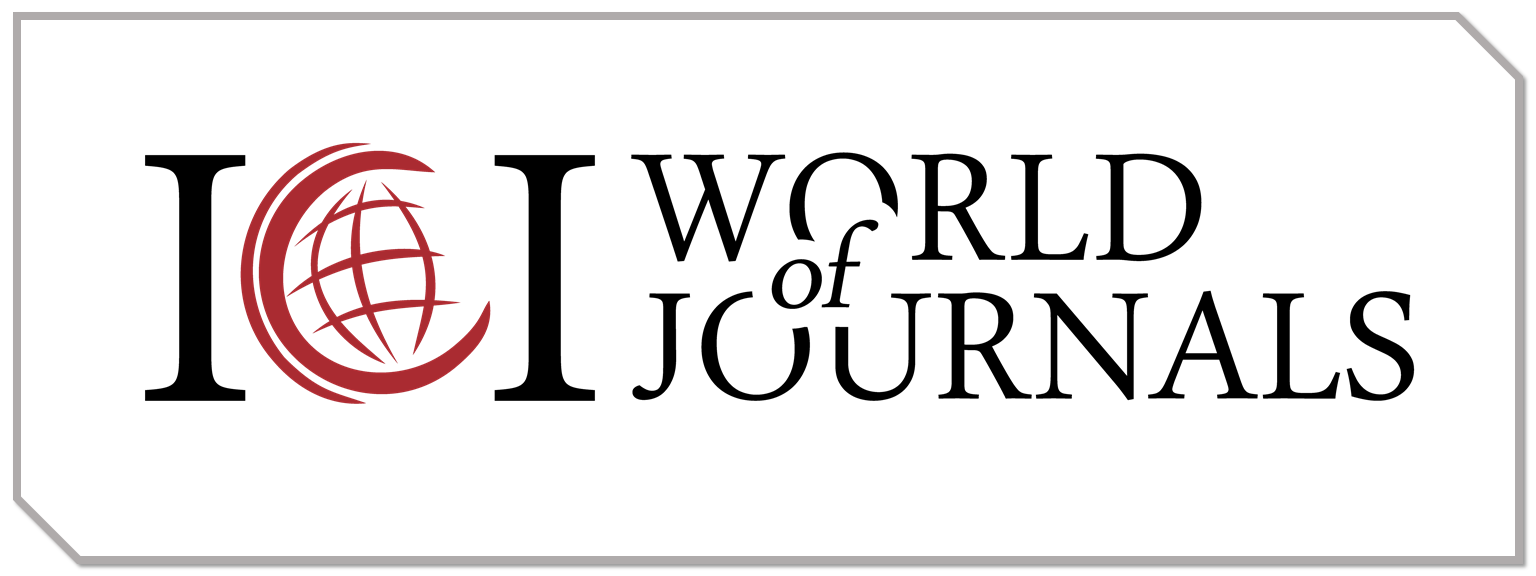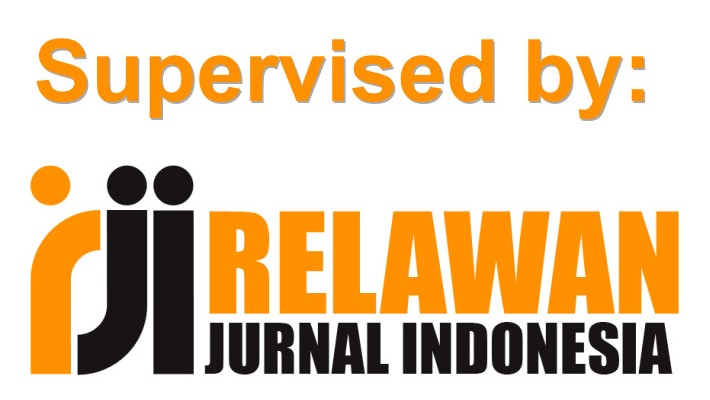LEGAL ASPECTS OF INVESTMENT IN THE FRAMEWORK IMT-GT SUB-REGIONAL ECONOMIC COOPERATION (INDONESIA-MALAYSIA-THAILAND GROWTH TRIANGLE) IN INDONESIA
DOI:
https://doi.org/10.56910/literacy.v2i1.515Keywords:
Investment Law, Economic Cooperation, IMT-GT Sub-RegionalAbstract
Investment activities have a critical role in increasing the growth of a country's trade flows, and conversely, an increase in trade activities will also encourage investment growth. All of these aim to increase economic growth. The agreement in cooperation in investment in the Sub-Regional, Regional, and Multilateral scope regulates the principles of cross-border investment between countries by "minimizing" investment barriers so that capital flows can flow smoothly from one country to another other. The IMT-GT (Indonesia-Malaysia-Thailand Growth Triangle) Sub-Regional Economic Cooperation, an anticipatory response to implementing the AFTA (ASEAN Free Trade Area), is quite good when viewed from the object of cooperation. However, differences in progress, quality of human resources, limited capital, licensing systems, and applicable legal instruments are problems or obstacles in the investment sector's cooperation process. In addition, Indonesia's economic system, which is still centralized, makes it difficult for this region to develop. This study uses a normative juridical approach using secondary data. Information data collection was carried out through library research and interviews. Data and information were analyzed qualitatively and presented in a descriptive-analytical form with deductive conclusions drawn. From the research results, the implementation of IMT-GT in order to support investment in the regions needs to be pursued in several steps, namely, creating/refining regulations, existing licensing systems that are less supportive/inhibiting trade and investment, building and rehabilitating various facilities and infrastructure and encouraging KADIN (Chamber of Commerce and Industry) as the spearhead to play a more active role.
References
Amrah Muslimin. (1986). Aspek-aspek Hukum Otonomi Daerah.
Bin, Y. (2010). Special Economic Zones in the DPRK. https://doi.org/10.22617/TCS210449-2
Dadang Saefulah. (1993). Harmonisasi Hukum Negara-negara ASEAN, Simposium Nasional Aspek-Adpek Hukum Kerjasama Ekonomi antara Negara-negara ASEAN Dalam Rangka AFTA, FH.
Mansfield, E. D., & Milner, H. V. (2017). The new wave of regionalism. Comparative Regionalism, 57–95.
R.A.Hamid. (1997). Paparan Ketua BKPMD D.I.Aceh Pada Pertemuan Konsolidasi KESR IMT-GT Bidang Investasi.
Raharjo, S. (1997). Peranan Departemen Luar Negeri Dalam Mendorong Penanaman Modal asing ke Indonesia, Pokok-Pokok Presentasi Direktorat Investasi dan Kerjasama Keuangan Dit.HELN Deplu.
Siddik, R. (2017). Indonesia-Malaysia-Thailand Growth Triangle ( Imt-Gt ) Agreement Related To Tourism Development Aspect In Aceh , A Study From Law Of Treaty Perspective The Indonesia-Malaysia-Thailand Growth Triangle ( IMT-GT ) subregional economic cooperation program was. Jurnal Ilmiah Bidang HUkum Kenegaraan Universitas Syah Kuala, 1(2), 22–31.






